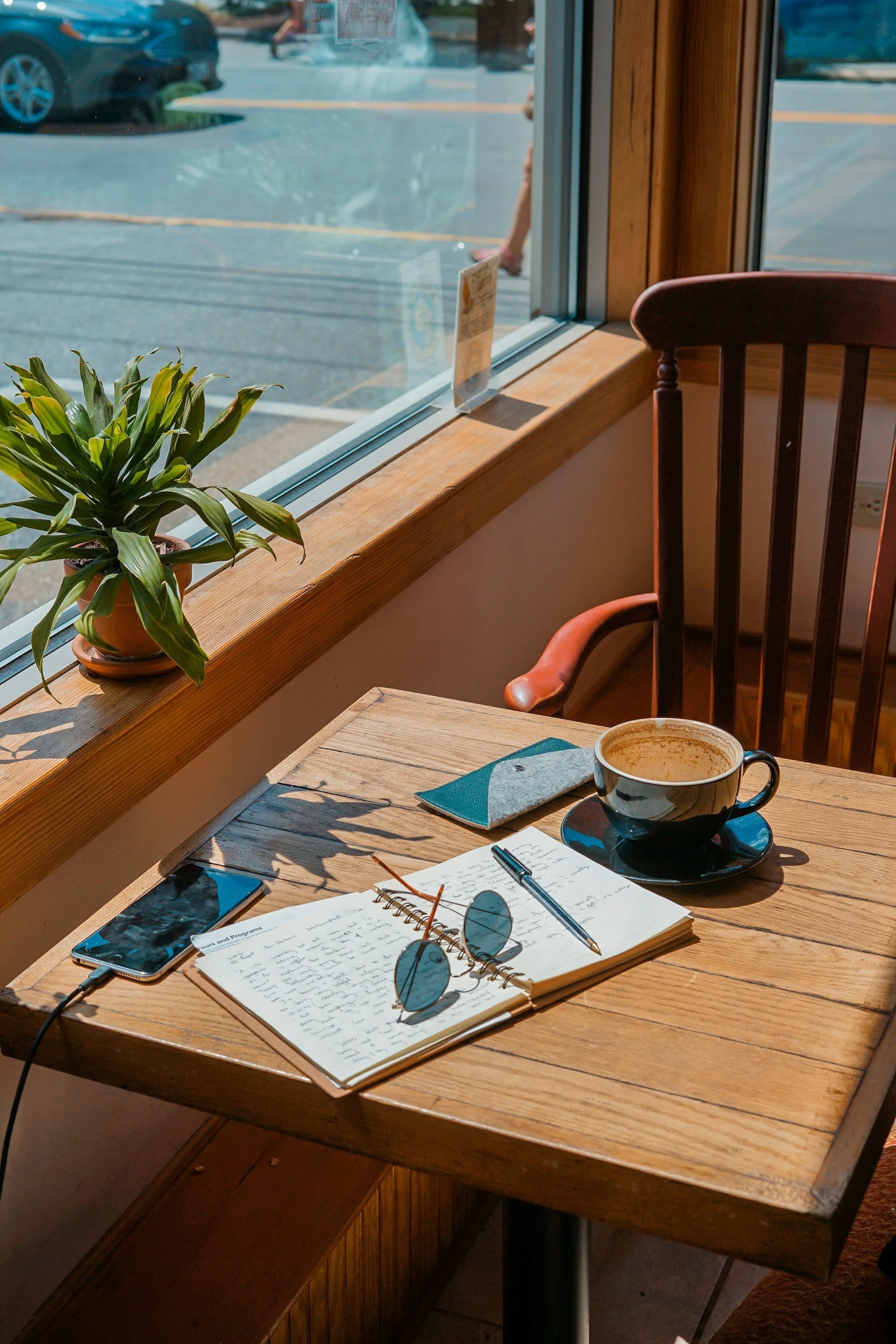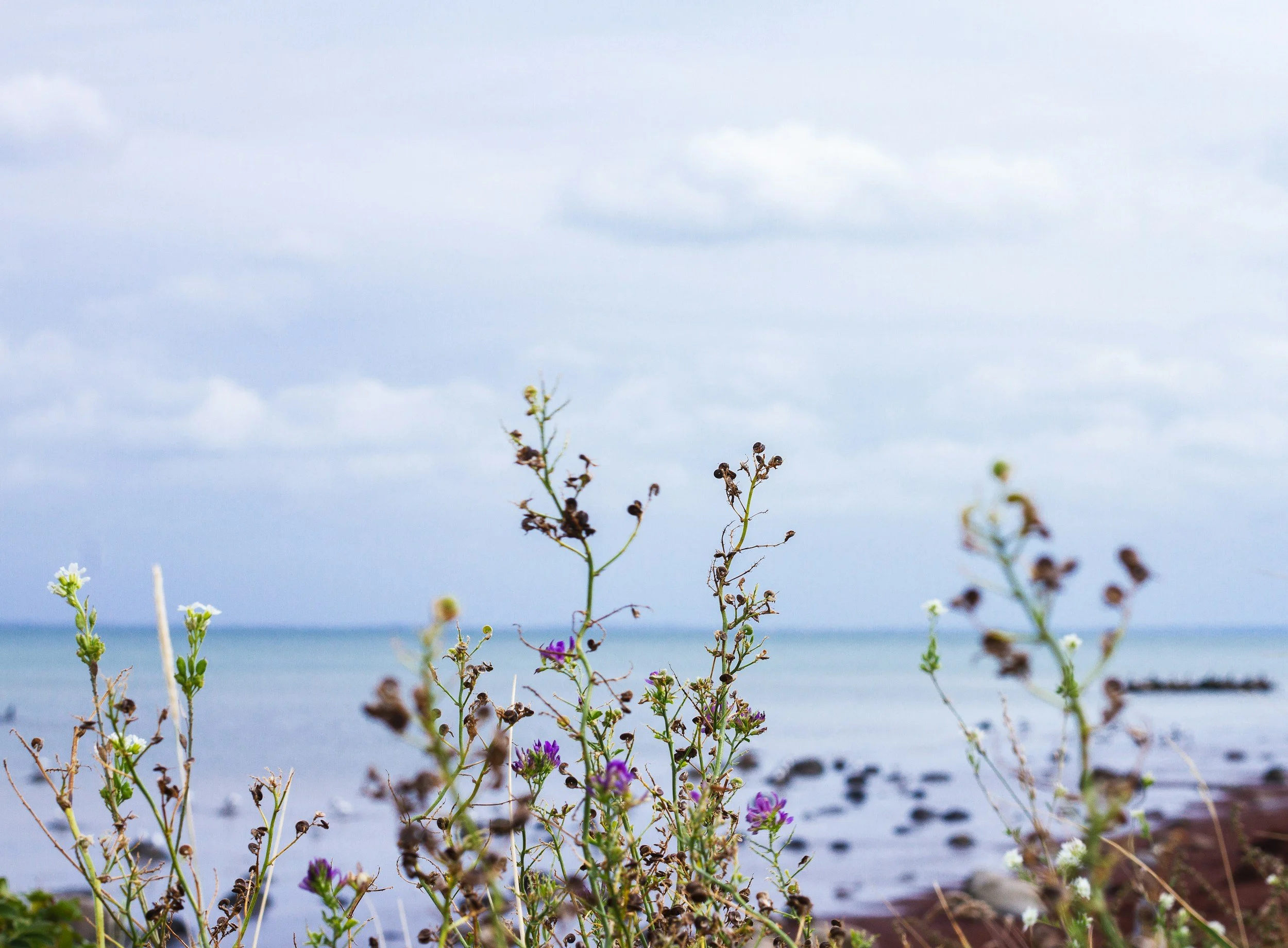Anxiety & Fear of the Unknown
According to the National Institute of Mental Health (NIH), "anxiety is a universal human experience." The NIH reports an estimated 19% of U.S. adults had an anxiety disorder in the past year. They estimated 31% of U.S. adults experience an anxiety disorder at some time in their lives.
Anxiety creeps in uninvited. It is often triggered by our inability to predict or control future outcomes. At its core, anxiety is tied to fear of the unknown. Humans have a strong need for certainty and we feel discomfort in its absence. History has shown, change is inevitable.
Why Do We Fear the Unknown?
The fear of the unknown is deeply rooted in human evolution. Early humans were cautious about unfamiliar situations or environments in order to survive. Imagine hearing a rustle in the bushes: it might be the wind, or it could be a predator. Those who assumed the worst were more likely to take precautions, ensuring their survival. This evolutionary bias toward caution and uncertainty has persisted into the modern age. This has happened despite the fact that most of us no longer face threats from wild animals.
Today, this fear manifests in more abstract ways. Fear of failure, fear of rejection, fear of change, or even fear of success. The common denominator is uncertainty. When we don't know what will happen, our brains often fill in the gaps with worst-case scenarios. This tendency is partly a survival mechanism. And, it can also lead to chronic stress when left unchecked.
Anxiety & Change: Why Transitions Are Challenging
Transitions—whether big or small—often come with a heightened sense of uncertainty. Moving to a new city, starting a new job, or even entering a new phase of life can feel overwhelming. Change disrupts our routines and challenges our sense of stability. Even positive changes, like getting married or having a child, can stir up fears about the unknown.
This fear stems from several sources:
Loss of Control. Change often involves letting go of familiar circumstances. Even though we choose a change, it can leave us feeling powerless.
Fear of Failure. Transitions may bring new responsibilities or expectations. The fear of not meeting them can be paralyzing.
Identity Shifts. Major life changes can challenge our sense of self. They lead us to questions like, "Who am I now?"
The Human Condition & the Role of Uncertainty
Uncertainty is an unavoidable part of life. It’s not inherently a bad thing. In fact, a certain level of uncertainty can spark curiosity and encourage exploration. However, when uncertainty becomes overwhelming, it can cloud our ability to think clearly or act decisively.
The human condition—our ability to think about the past, present, and future—is both a blessing and a curse. Unlike animals, humans have the unique capacity for self-reflection and foresight. This ability allows us to plan, innovate, and dream, but it also opens the door to worry, doubt, and fear. We ruminate on past mistakes and fret about future possibilities. Sometimes this is at the expense of fully living in the present moment.
Navigating Uncertainty: Strategies to Build Resilience
Managing our discomfort with the unknown begins with understanding it. This is often more easily navigated with the help of a skilled anxiety therapist. In addition, here are six tips to help you cope with uncertainty and transitions.
Mindfulness and Meditation. Mindfulness practices encourage us to notice the present moment when we get distracted by thoughts of the past or future.
Reframing Negative Thoughts. Learning to reframe negative thoughts is a powerful tool. Instead of assuming the worst, practice looking at potential outcomes in a more balanced way. For example, rather than thinking, "What if I fail?" see if you can shift to "Could this experience teach me something valuable?"
Journaling. Writing down your thoughts can provide clarity and help identify anxiety triggers. Journaling also creates a space to reflect on positive experiences and accomplishments. It's always a good idea to counterbalance fear-driven thinking.
Physical Activity. Moving your body when a negative-thought spiral begins can help shift focus.
Cultivating Gratitude. Taking a moment each day to reflect on positive aspects of your life can help anchor you in the present.
Breaking Down Big Changes. Large transitions can feel overwhelming. Breaking them into smaller, manageable steps can make the process less intimidating.
Embracing Uncertainty
While it’s natural to want control over our lives, learning to live with uncertainty can be freeing. Embracing uncertainty doesn’t mean ignoring risks or acting recklessly. It means acknowledging that not everything is within our control—and that’s okay.
Our anxiety therapists often refer clients to Julia Cameron's book, The Artist's Way. This book offers an approach using creativity to help individuals build tolerance for change. Instead of fearing the unknown, perhaps you can approach it with a sense of wonder. What possibilities might lie on the other side of this uncertainty? Another strategy is to focus on flexibility. You can develop an ability to adapt to unexpected changes, rather than resisting them.
The Role of Community
Fear of the unknown often isolates individuals. It can lead us to feel alone in our struggles. Connecting with others can be a powerful remedy. Sharing fears with trusted friends or family members can provide relief and perspective. Support groups offer a safe space to connect. For example, our workshop in The Artist's Way is a great support group to process fear of the unknown.
Building a sense of community also reminds us that uncertainty and change are shared human experiences. Knowing that others have navigated similar challenges successfully can inspire hope and resilience.
Moving Forward
Anxiety surrounding change is a natural part of the human experience. It reflects our capacity to think, feel, and imagine. While fear of the unknown can be unsettling at times, it also offers opportunities for growth. By confronting our fears and developing strategies to cope with uncertainty, we learn to navigate change with resilience and grace.
Ultimately, our advice is let go of the goal to eliminate fear or uncertainty. Unfortunately it’s not likely possible. The goal is to manage them in a way that allows us to live fulfilling lives. When we embrace change and the unknown, we open ourselves to possibilities we might never have imagined. In doing so, we transform fear from a source of paralysis into a catalyst for personal growth.
For more information about Anxiety, it’s treatment, and starting Anxiety therapy in-person in Pasadena, California or online throughout the state of California, check out these helpful links:
Our California anxiety therapists are available for a free 15-minute phone consultation to help you find resources that best fit your needs. We invite you to reach out and schedule a consultation with us today.




